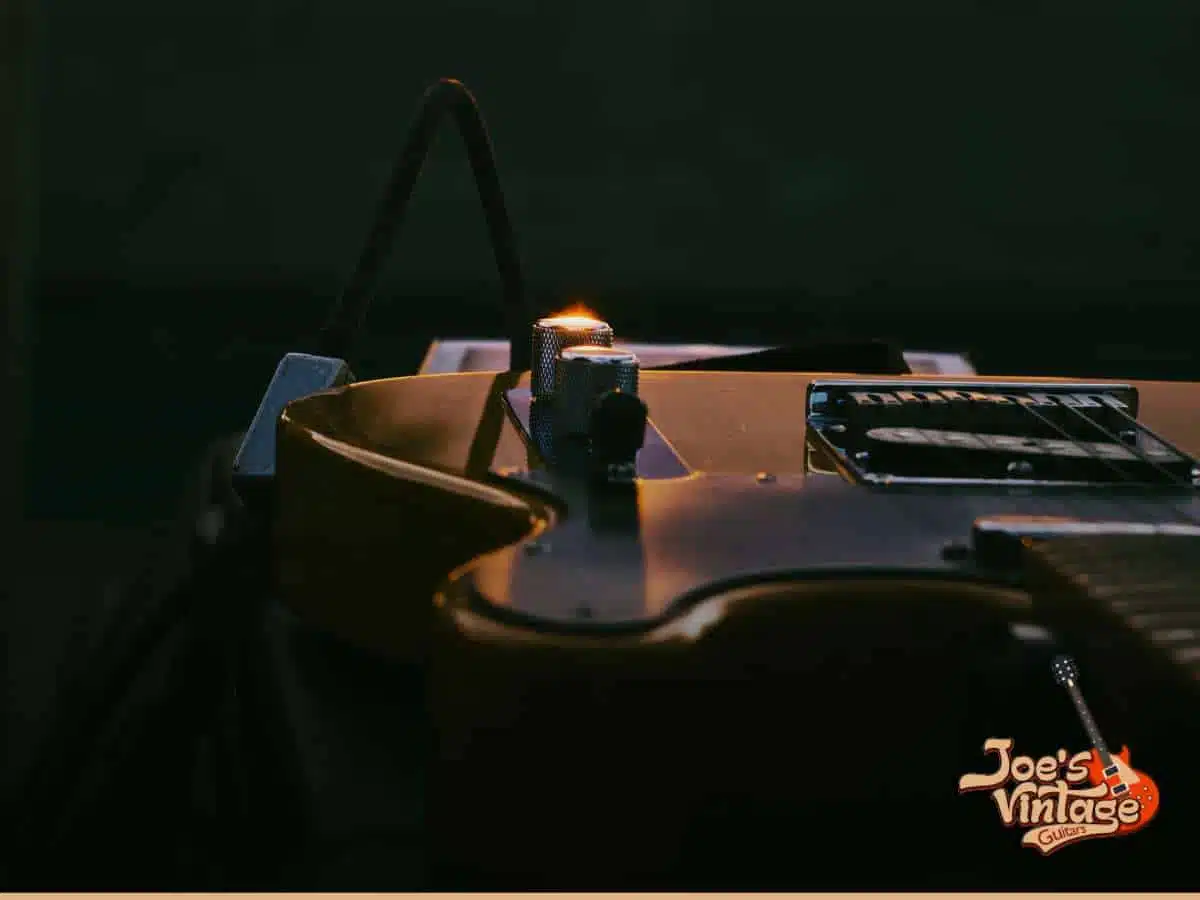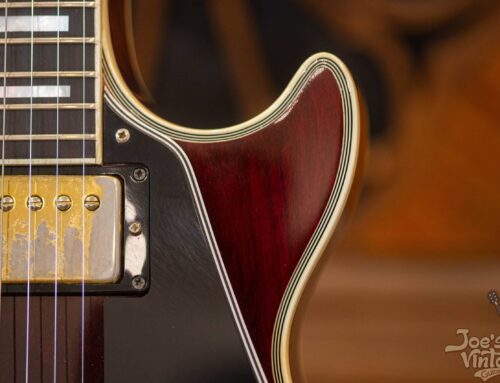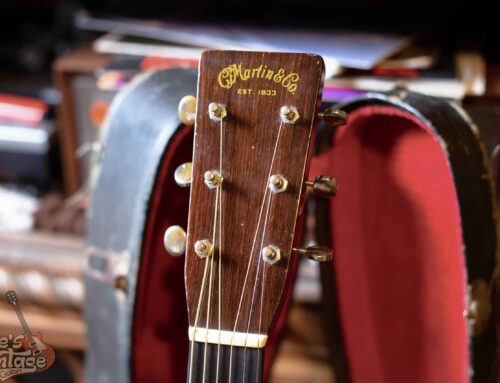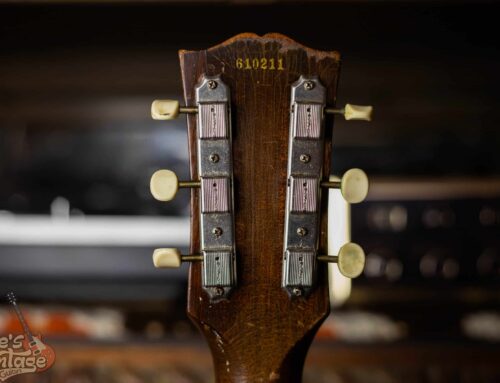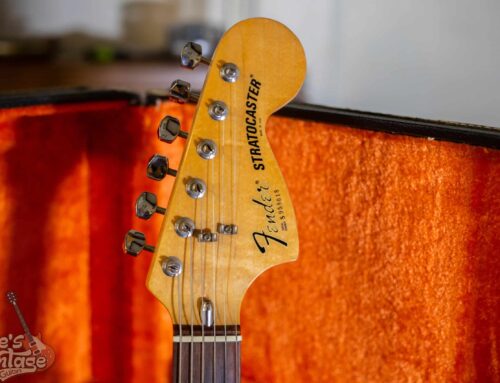How Old Is Your Fender Guitar?: Factors You Should Consider To Date It
How To Determine The Year Of Manufacture Of Your Fender Guitar
If you want to determine the year of manufacture for your Fender guitar or bass, don’t worry, you’re not alone and we can help.
Finding a particular date of manufacture can be essential to evaluate the value and details of an instrument. And as you may know, Fender ranks as the most popular instrument for selling, especially among guitar players and enthusiasts.
But believe it or not, you don’t need to be a Fender connoisseur to know the basics of a Fender, including its age.
Before heading to a Mesa guitar shop with more questions than answers, look at our brief guide below to know how old your Fender guitar is.
Start With The Basics
The most crucial thing to remember while dating a Fender is that the designs are highly modular. Like Henry Ford, Leo Fender was brilliant at maximizing his company’s production efficiency.
His guitars were mass-produced by a full factory, and not by a single luthier working on one instrument at a time. Bolt-on necks and pickups connected to the pickguards all helped the Fender factory churn out guitar after guitar every single day.
It also indicates that different parts on a guitar may have appeared at different points in time. In other words, there’s not a single number that can definitively determine when the instrument was built.
Instead, the best way to date a Fender is to combine indicators from the instrument’s design, dates on the neck and body, and the serial number.
Features & Design Modifications
The instrument’s design can give you a rough sense of the era. It is perhaps the best way to start dating your Fender.
However, this can be a challenging task for those who are less familiar with guitar history.
Visiting a Mesa guitar shop can be helpful in this case to learn more about the history of the guitar. This way, you can get more details about your Fender guitar or bass.
Neck & Body Dates
Throughout Fender’s history, employees would print or write the manufacture date on the bodies and the necks where the two pieces met. These dates can determine when the original component was made, but they do not provide a precise timeline for when the guitar was assembled and finished.
If you don’t want to remove the neck of a guitar to see the date marker, we suggest taking your guitar to a local luthier or tech.
You can also help yourself with pot codes on different websites or specialty guides. These pot codes can be helpful when no other numbers exist, and just tell when the pot was created.
Serial Digits
Using serial numbers to date a Fender, like using the body and neck dates, is not a guaranteed bet. Due to the modular production method used by Fender, serial number usage overlapped again at numerous points over its lifetime.
Serial numbers are divided into different eras. To give you an idea, a trusted Mesa guitar shop gives some examples below:
The First Decade: 1950-1954
Fender’s initial serial numbering systems were model-specific. The Esquires, Broadcasters, and Telecasters all had the same serial number sequence, while the iconic Precision Bass used a different one.
These are some serial number ranges for the early Esquires and Telecasters:
- From 1950 to 1952: 0001 to 0999
- From 1952 to 1954: 000 to 5300
Classic Serial Digits: 1954–1963:
Fender started adopting a common serial number sequence for all their instruments by the middle of 1954. The serial number was also moved from the bridge to the neckplate.
Some examples include:
- 1954: 0001 to 7000
- 1956: 9000 to 17000
- 1963: 93000 to 99999
The Transitional Years Of 1963 to 1965, L Series
Fender switched to a system where serial numbers started with an “L” towards the very end of 1962 and into early 1963. Some accounts claim that the L was accidentally utilized when it should have been a simple 1 to indicate the transition from the prior scheme’s 100,000 range.
CBS’s F Series, From 1965 to 1976
The factory changed to a new serial sequence with numbers after CBS acquired Fender in 1965, maintaining the general format from before the takeover.
An expert from a Mesa guitar shop claims that these guitars were known as the F series because of the huge Fender logo present on the neckplates.
During this time, a change from the original four-bolt neckplate of the 1960s to a three-bolt neckplate was also made as part of CBS’s cost-cutting measures.
Post-1976
Beginning in 1976, Fender switched to a new serial numbering system and transferred most serial numbers to the instrument’s headstock. You can see the numbers on either the front or back of the headstock, depending on the period and model.
Contact A Trusted Mesa Guitar Shop For More Help
Do you want to know more about Fender guitars? Are you planning to sell guitars soon? Contact Joe Vintage Guitar for more help! We’ll be more than glad to help, and we’ll also teach you how to date your Fender guitar more specifically. Contact us today.

Joe’s Vintage Guitars
47 N Fraser Dr E
Mesa, AZ 85203
Phone: (602) 900-6635
Email: [email protected]

Written by Joe Dampt
“Driven by a love for classic tunes, I specialize in buying, selling, and appraising vintage guitars, bringing music and history together.”

